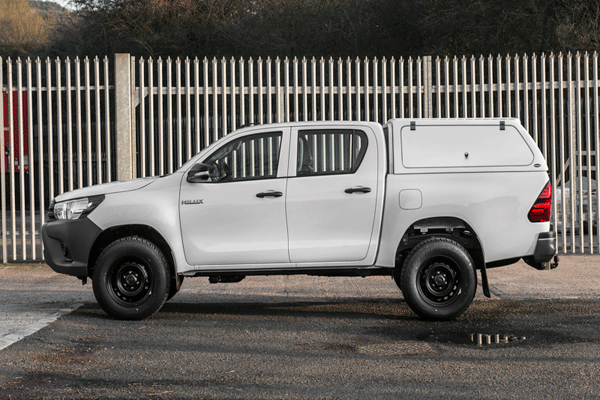Thousands of buses and taxis will be made greener and cleaner after the Transport Secretary Chris Grayling confirmed a £290 million investment to support low-emission vehicles.
The move is part of the government's aim to improve air quality by cutting emissions, including plans for nearly all cars and vans to be zero-emission by 2050.
The investment includes £150m to clean up buses and taxis, which will include putting new, less polluting buses on the road as well as retrofitting engines to reduce nitrogen oxide (NOx) emissions.
The government has also pledged £80m to improve charging infrastructure for electric vehicle owners. The Workplace Charging Scheme (WCS) is now open for applications.
And £20m will go to an Advanced Renewable Fuel Demonstration competition. This will provide grants which the government intends to be matched by the private sector, to build demonstration-scale advanced renewable fuel plants in the UK. This will target the de-carbonisation of lorries and planes.
A further £100m will support development and testing of connected and driverless vehicle technology.
Mr Grayling said: 'We are absolutely determined to reduce carbon emissions from transport as part of our ongoing commitment to tackle climate change.
'This government is committed to improving air quality and reducing pollution in towns and cities, which is essential for people's health and the environment.
'We are already making headway through our investment in low emission vehicles, greener public transport and walking and cycling, as well as grants for innovative advanced biofuels projects'
Poppy Welch, head of Go Ultra Low, said: 'The £80m investment in charging infrastructure is vital as growth in the UK electric vehicle market continues to accelerate.
'This is fantastic news for motorists and the continuation of incentives for plug-in vehicles through company tax and salary sacrifice schemes will give thousands more people the option of choosing the very lowest-emitting cars and allow more businesses to benefit from adding electric vehicles to their fleets'






